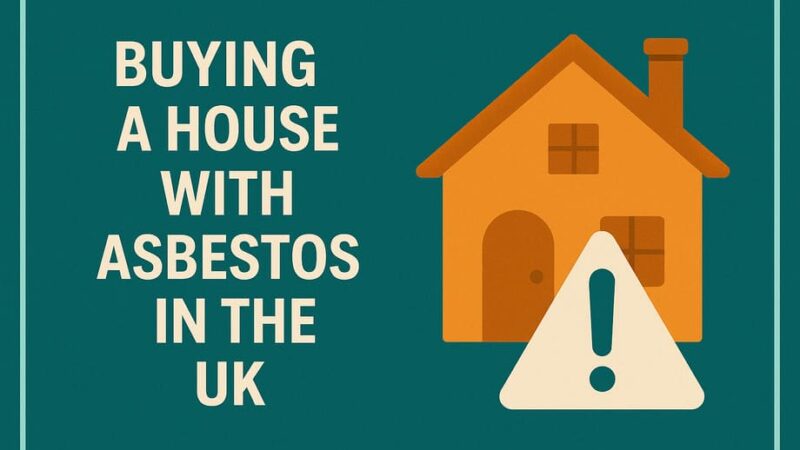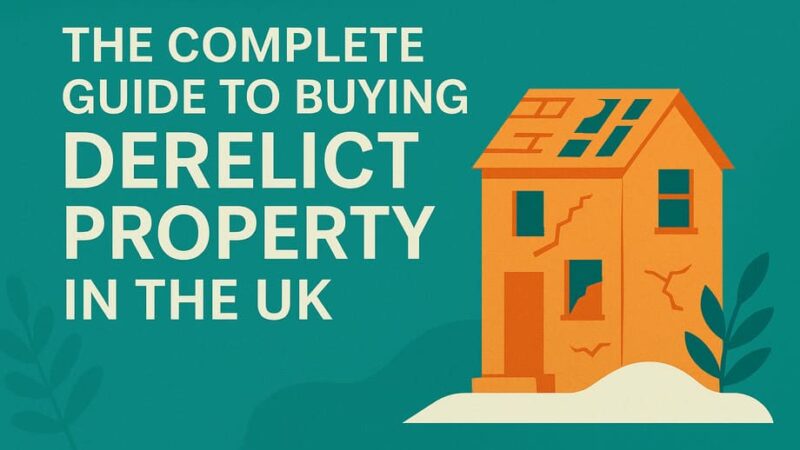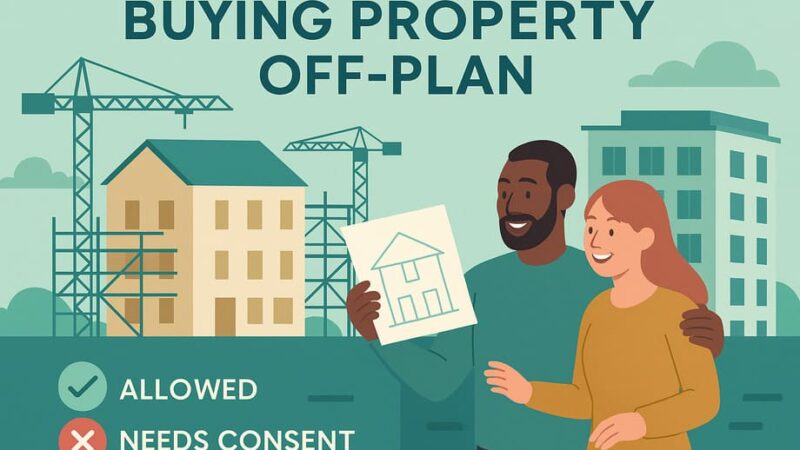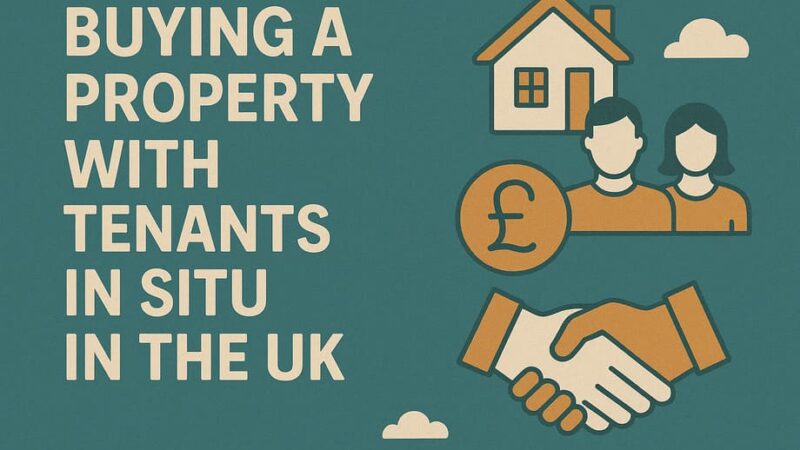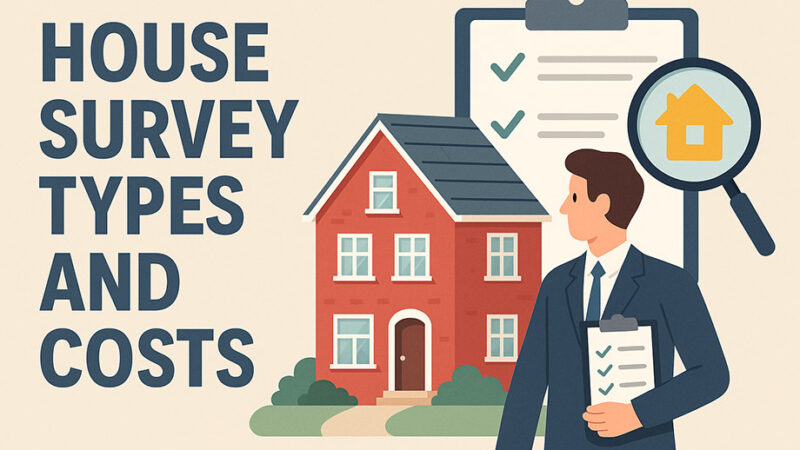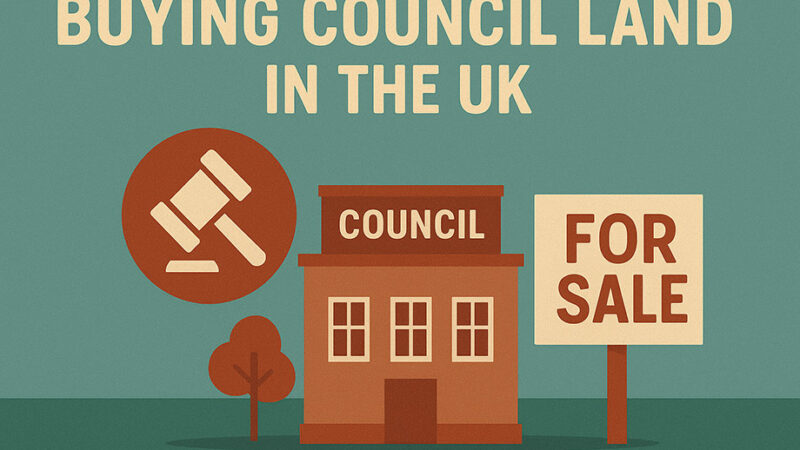The Costs of Buying a House in 2025
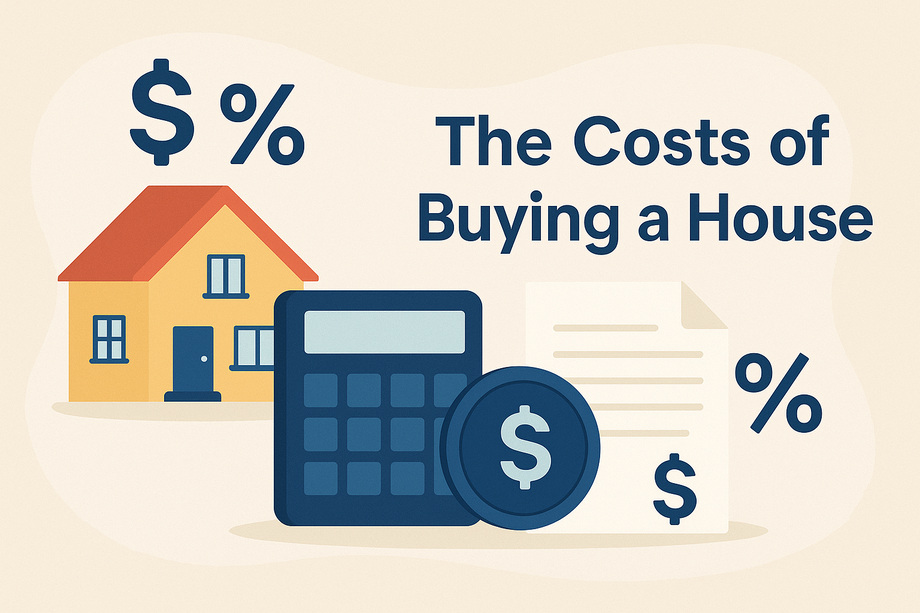
Buying a home is not as simple as paying the asking price. There are always extra expenses involved. It’s sensible to keep around 15% of the value of your new house aside for any additional buying costs.
Beyond the purchase price of your new home, there are a number of fees when buying a house which can add more than 10% to the total bill. The average cost of buying a house in 2025 is £37,486, based on the UK average house price of £292,000.
From the legal legwork to mortgage fees, removals and stamp duty, we take a look at the extra expenses involved with moving and break down exactly what you can expect to pay.
Quick Overview: The Main Costs of Buying a House
Here’s a snapshot of the typical costs incurred when buying a home in 2025:
| Type of Cost | Estimated Cost |
|---|---|
| Deposit | 5-20% of property value |
| Stamp duty | 0% to 12% of home value |
| Conveyancer/solicitor’s fees | £1,200 – £2,000 |
| Property survey | £400 to £1,500 |
| Mortgage arrangement fees | £500 to £2,000 |
| Mortgage valuation fee | £150 to £800 |
| Removals | £450 to £1,400 |
| Home insurance | £200 to £600 per year |
Stamp Duty: The Biggest Extra Expense
Costs: Budget for 0-15% of the property’s price
Stamp duty is the biggest extra expense when it comes to buying a home. But, if you’re buying a cheaper property or are a first-time buyer, you may be exempt.
Stamp duty land tax – or SDLT – is a tax charged by HMRC when you buy a house, flat or land in England and Northern Ireland. The amount of tax you’ll pay depends on the price of the property. It’s worked out as a percentage – and that percentage increases as the price of the property goes up.
Current Stamp Duty Rates (Until 31st March 2025)
First-time buyers:
- Properties up to £425,000: 0% stamp duty
- £425,001 to £625,000: 5% (on amount above £425,000)
- Above £625,000: Normal rates apply
All other buyers:
- Up to £250,000: 0%
- £250,001 – £925,000: 5%
- £925,001 – £1.5 million: 10%
- Above £1.5 million: 12%
Stamp Duty Changes From April 1st 2025
Important: Stamp duty rates change in April 2025. For first-time buyers, the threshold will drop to £300,000, and for all other buyers, the first threshold drops to £125,000 with a new 2% band up to £250,000.
Example costs:
- £200,000 house: £1,500 stamp duty (standard buyer)
- £300,000 house: £5,000 stamp duty (standard buyer), £0 (first-time buyer until March 2025)
- £400,000 house: £10,000 stamp duty (standard buyer)
If you’re buying an additional property (such as a second home or buy-to-let), you’ll pay an extra 5% on top of these rates.
Your Deposit
Costs: Budget from 5% of your property’s value
It’s not strictly an extra cost of buying a house, but you’ll usually need a deposit to buy a property. The smallest deposit needed to buy a new place is 5% of the home’s total cost.
Most lenders prefer a 10% deposit if you can manage it. It opens up more mortgage choices and potentially lower interest repayment rates for you.
Deposit examples:
- £250,000 property: £12,500 (5%) to £37,500 (15%)
- £300,000 property: £15,000 (5%) to £45,000 (15%)
- £400,000 property: £20,000 (5%) to £60,000 (15%)
While it is possible to get 100% mortgages, which mean you can buy a house without a deposit, if you can save at least a 5% deposit and ideally at least a 10% deposit you should be able to access better rates and get a much wider choice of lenders.
Legal Fees (Conveyancing)
Costs: Budget for typically up to £2,000
The legal process involved in buying a property is called conveyancing. Solicitor fees when buying a house can be one of the biggest costs you’ll have to pay when buying a house.
Legal fees are one of the biggest extra costs when buying a home. But they’re absolutely worth the money. Most people hire a solicitor to handle the legal aspects of buying a home, otherwise known as conveyancing.
What’s Included in Legal Fees
Conveyancing solicitor fees can be split into two parts:
The legal fees: £800-£1,500
- The drawing up of contracts between you and the seller
- Organising your stamp duty payment
- The payment transfer for your new property
- Registering change of ownership with the Land Registry
The disbursements: £250-£700
- Various local searches (£250-£450) – checking for flooding risk, contaminated areas, road developments
- Land Registry fees (£200-£300) – transferring ownership to your name
- Other searches and checks
How much conveyancing fees cost depends on the value of the home you are buying, whether it is leasehold or freehold (conveyancing fees for a leasehold property could cost around £300 more) and the searches you have done.
Property Survey Costs
Costs: Budget for £400 to £1,500
Before you buy any home, it’s always worth getting a survey done. A survey could end up saving you thousands in the long run or stop you making a big mistake if it uncovers a lot of problems.
It’s well worth getting a professional survey of the state of your building’s construction and condition before you buy it. Surveys can prove expensive but can give you reassurance that your future home is in good condition.
Types of Survey Available
Level 1: Condition Report (£400-£950)
- A basic survey that gives an overview of the property’s overall condition
- Reports any big issues but doesn’t go into detail
- Suitable for newer, conventional properties
Level 2: HomeBuyer Report (£400-£1,000)
- Suitable for the majority of modern, conventional properties in reasonable condition
- More detailed than a Condition Report
- Good for properties less than 50 years old
Level 3: Building Survey (£600-£1,500)
- The most comprehensive survey available
- Provides an in-depth inspection
- Particularly useful for older homes or properties needing work
If you’re buying a new build home, you’ll want to get a snagging survey instead, which can identify problems ranging from small, cosmetic issues to significant, structural problems.
Mortgage Fees and Costs
Costs: Budget up to £2,000
Mortgage Arrangement Fees
When a bank or building society agrees to give you a mortgage, they are likely to charge you a fee to set it up. You could be charged up to £2,000 to arrange your mortgage, although the average is about £1,000.
Mortgage lenders often charge arrangement fees to get access to the best mortgage rates. The costs usually range between £500-£1,500 and you’ll usually have the option to pay the fee up front or add it onto your mortgage balance.
Important: Often deals with the lowest interest rates have the highest fees attached. The low rates are designed to catch your eye, but you can work out the true value of the loan by comparing the fee, interest rate and length of the deal.
Mortgage Booking Fees
Some banks or building societies charge you a “booking” fee for your mortgage – typically £100 to £200. This is a fee you pay as soon as you agree to take out your mortgage loan.
Mortgage Valuation Fees
Your mortgage lender will also want to conduct a mortgage valuation survey. This is for the lender’s benefit to confirm that the property is worth at least what they are lending you.
When you apply for a mortgage, your lender will need to value the home you want to buy to make sure it’s worth what you want to pay for it. Not all lenders charge for a valuation, but if you do need to pay, expect £150-£800 depending on the property value.
Removal Costs
Costs: Budget ranges from £450 to £1,400
Moving your stuff yourself might save you money, but it can be really stressful. If you have little furniture and energetic friends, you can do this for free. But if you have a lot, then removals costs to hire a professional removals firm can range significantly.
Typical removal costs:
- 1-2 bedroom property: £450-£650
- 3 bedroom house: £800-£1,200
- 4-5 bedroom house: £1,200-£1,400
You can hire a van from £30 per day, but it’s going to take a few trips to empty out a flat or house. If you pack up your things yourself and ask a removals company to shift it all, this reduces the cost compared to a full packing service.
Home Insurance
Costs: Budget £200-£600 per year
Once your new home legally becomes yours, you’ll need to insure it. You’ll need this in place from the day you exchange contracts because that’s when you become legally responsible for the property.
Types of Home Insurance
Buildings Insurance (£150-£400 per year)
- Covers the cost of repairing or rebuilding your house
- Required by most mortgage lenders
- Protects against fire, flood, storm damage
- Essential from exchange of contracts
Contents Insurance (£100-£300 per year)
- Protects your belongings from damage and theft
- Not legally required but highly recommended
- Covers furniture, electronics, clothing, valuables
- Optional but gives peace of mind
Although they are often purchased together as ‘home insurance’, buildings and contents insurance are officially two separate kinds of policy. If you’re buying a leasehold apartment, it’s usually the freeholder’s responsibility to cover the buildings insurance.
Other Costs to Consider
Mortgage Broker Fees
Cost: £0 – £1,500
Some mortgage brokers charge no fee, while others charge between a few hundred pounds up to 1% of your mortgage. We recommend you opt for a fee-free mortgage broker to help you find the best mortgage deal.
Home Buyer Protection Insurance
Cost: Budget from £74
With around 1 in 3 property purchases falling through, getting Home Buyer Protection Insurance can help you claim back some of your conveyancing fees, survey costs and mortgage fees if your purchase falls through.
Moving Day Extras
Cost: Budget £100-£500
Don’t forget about the little costs that can add up:
- Post redirection service (£33.99 for 6 months)
- Time off work for moving day
- Takeaway meals while you get settled
- Cleaning supplies for your new home
- Utility connection fees
First Time Buyer Benefits
Save thousands with first-time buyer reliefs
First time buyers currently pay no stamp duty on properties worth up to £425,000 (until 31st March 2025). From April 1st 2025, this drops to £300,000.
Example: If you’re buying a £300,000 house in England as a first time buyer, your stamp duty bill would be £0 until March 2025. This compares to £5,000 if you’ve previously owned a property.
Government schemes to help:
- Lifetime ISA: 25% government bonus on savings up to £4,000 per year
- Shared Ownership: Buy 25-75% of a property initially
- Help to Buy: Government equity loans for new builds
- Mortgage Guarantee Scheme: 5% deposit mortgages with government backing
After You Move In: Ongoing Costs
Don’t forget about the costs of owning a home
Monthly Bills
- Council tax: £100-£400+ per month depending on area and property value
- Energy bills: £100-£300+ per month depending on property size and usage
- Water bills: £30-£60 per month
- Internet and phone: £30-£80 per month
Maintenance and Repairs
Owning a home means you’re responsible for all maintenance and repairs:
- Boiler services: £80-£120 annually
- Emergency repairs: Budget £500-£1,000 per year
- Decoration: £500-£5,000 depending on scope
- Garden maintenance: £200-£2,000 annually
Leasehold Additional Costs
If you’re buying a leasehold property:
- Ground rent: £100-£500+ per year
- Service charges: £1,000-£5,000+ per year
- Management fees: Included in service charges
- Major works: Occasional large bills for building improvements
How to Save Money When Buying
Shop Around for Services
- Compare solicitor quotes – prices vary significantly
- Get multiple survey quotes from RICS qualified surveyors
- Compare mortgage deals – don’t just look at interest rates
- Get removal quotes from several companies
Time Your Purchase
- Avoid peak moving times (summer, end of month, Fridays)
- Book services early to avoid premium charges
- Consider winter purchases for less competition
Negotiate Where Possible
- Use survey findings to negotiate the house price down
- Ask sellers to contribute to legal fees or repairs
- Negotiate mortgage arrangement fees with your lender
- Bundle services for potential discounts
Calculate Your Total Budget
Use this simple formula:
Property Price + Deposit + Stamp Duty + Legal Fees + Survey + Mortgage Fees + Removals + Insurance + Other Costs = Total Budget Required
Example for £300,000 property (first-time buyer):
- Property price: £300,000
- Deposit (10%): £30,000
- Stamp duty: £0
- Legal fees: £1,600
- Survey: £700
- Mortgage fees: £1,200
- Removals: £800
- Insurance: £300
- Other costs: £400
- Total upfront: £35,000
Conclusion
Buying a house involves significant costs beyond the purchase price. With additional expenses averaging £37,486 on a typical UK property purchase, it’s essential to budget carefully and understand all the fees involved.
The key is planning ahead and shopping around for the best deals on services like conveyancing, surveys, and mortgages. First-time buyers should take advantage of stamp duty relief and government schemes to reduce their costs.
Remember: these costs are an investment in securing your new home. Professional surveys can save you thousands by identifying problems early, good legal advice prevents costly mistakes, and proper insurance protects your biggest asset.
Start by calculating your total budget including all these additional costs, then work backwards to determine what you can afford to spend on the property itself. This approach will help you avoid nasty surprises and ensure a smooth path to homeownership.
Last Updated on August 4, 2025 by James Cartwright


